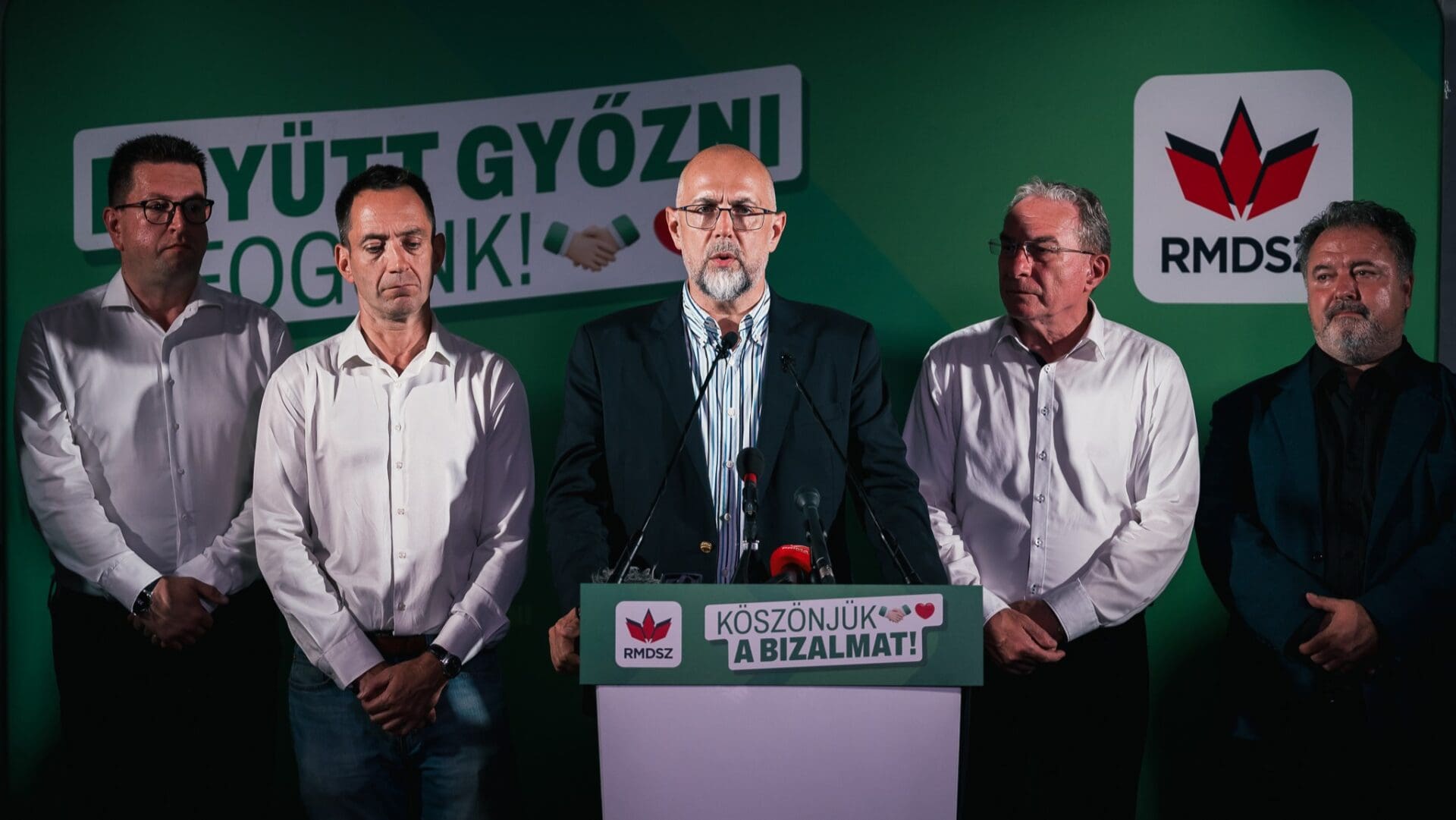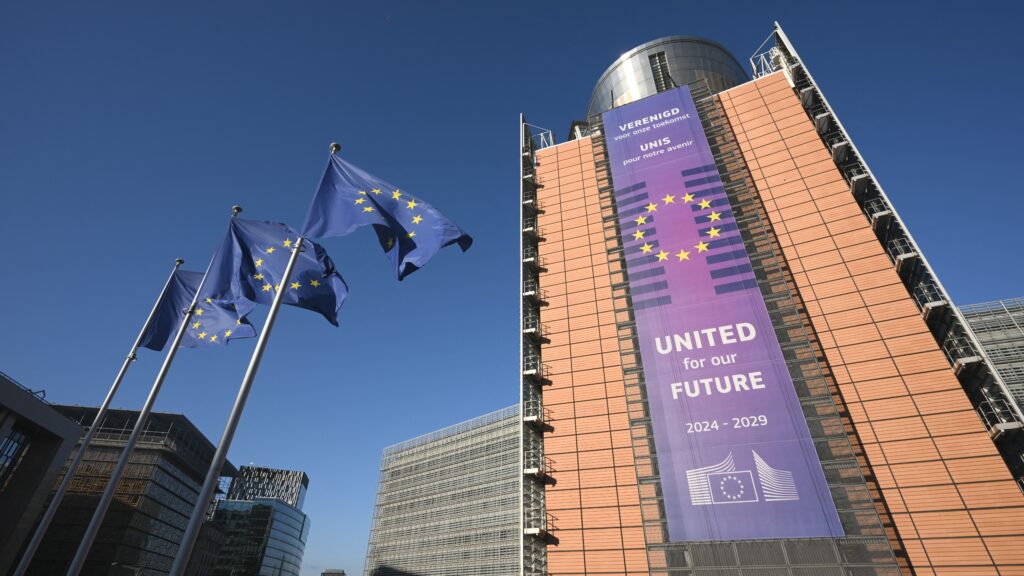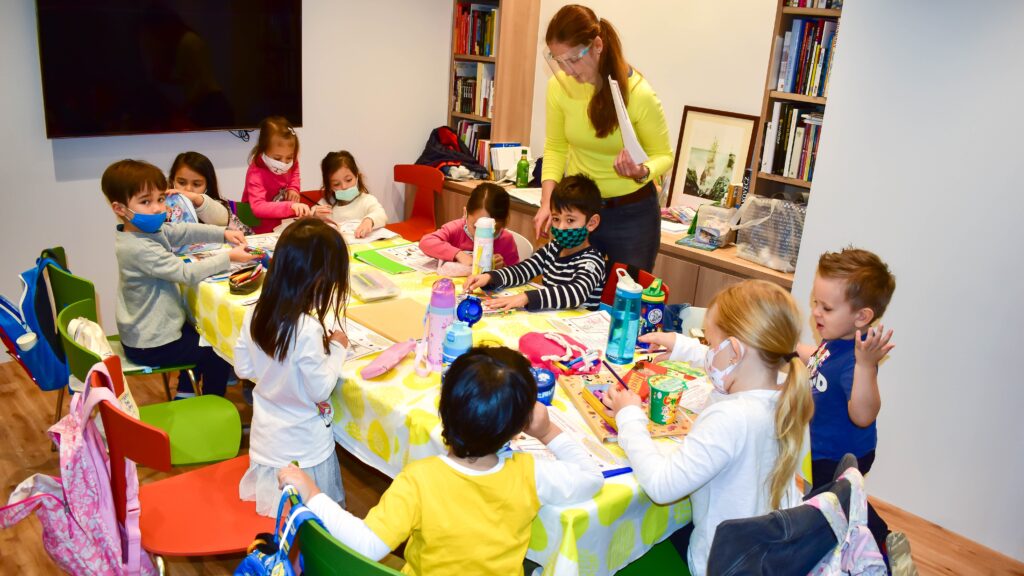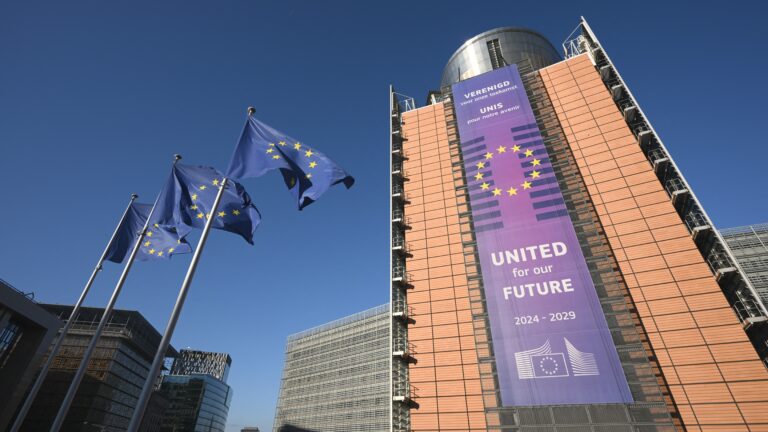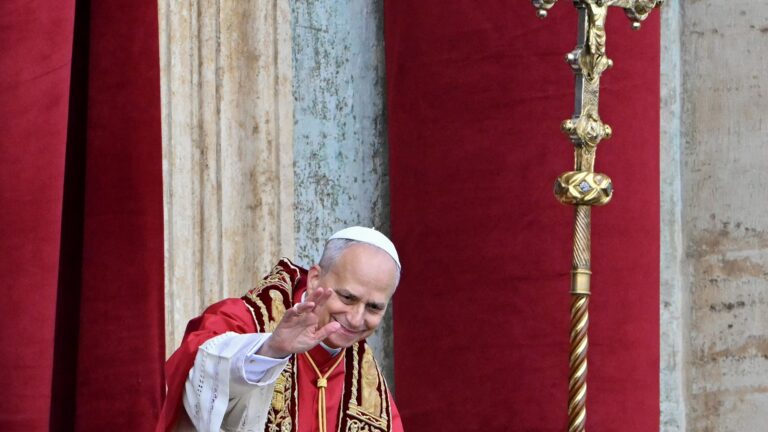The following is a translation of an article written by Csilla Hegedüs, a researcher at the Europe Strategy Institute of the University of Public Service, originally published on the Five Minutes Europe blog of Ludovika.hu.
Historic Success in the Local and EP Elections
For twenty years, the Democratic Alliance of Hungarians in Romania (DAHR; in Hungarian: Romániai Magyar Demokrata Szövetség, RMDSZ) has not received as many votes as in last Sunday’s local and European Parliament elections.
Although the figures were not yet final at the time of writing, more than 99 per cent of the votes have already been counted and the results speak for themselves: the number of votes cast for RMDSZ in the EP elections was 576 981, which represents 6.61 per cent of the total.
‘[Last] Sunday’s election was a historical success, the best result in twenty years. This is a joint success of the Hungarians of Transylvania and RMDSZ. These numbers are about more than just mandates won: they are about people, a strong, viable Transylvanian Hungarian community that wants to do something for its future and plans it in its homeland, and that is alive with the hope that it is possible to plan for the future here, at home. The Hungarian people have understood the stakes of the EP elections and have sent a clear message to Bucharest and Brussels: we will have a strong, independent voice and powerful representation. Besides, the Hungarian people have also appreciated the work of the local governments: they have confirmed their trust and [that we are going in] the right direction. Yesterday, people placed their confidence in us and we received a very strong mandate—we will repay it and earn it! The Hungarian interest comes first in the EP, and the local community’s interest comes first in the local governments. This is what will continue to guide us in the future’, RMDSZ President Hunor Kelemen said.
RMDSZ retained the leadership of the four county councils it has been leading and won overwhelmingly in Székelyudvarhely (Odorheiu Secuiesc in Romanian), where the city is now led by an RMDSZ mayor. A resounding victory was also achieved in Szatmárnémeti (Satu Mare), where Gábor Kereskényi will lead the town for another four years. In addition, Margitta (Marghita) in Bihor County will again have an RMDSZ mayor after a four-year gap, and seven independent mayors won seats as well, including in Marosvásárhely (Târgu Mureș), where Zoltán Soós managed to retain his office.
RMDSZ will thus have 200 mayors serving local communities.
In the dispersed settlements, too, the results are much better than four years ago: RMDSZ will have members in the Brassó (Brașov) and Máramaros (Maramureș) County Councils again, and in Vajdahunyad (Hunedoar), Medgyes (Mediaș), Vízakna (Ocna Sibiului), Balázstelke (Blăjel), and Aranyosgyéres (Câmpia Turzii), after four years, the Hungarian community will again be represented in the local government. In the Hungarian Csángó countryside, RMDSZ won Gyimesbükk (Ghimeș-Făget) four years ago, and now another success has been achieved in the municipality of Gajcsána (Găiceana), where a young woman candidate won a seat as mayor.
Related articles:
Click here to read the original article.

